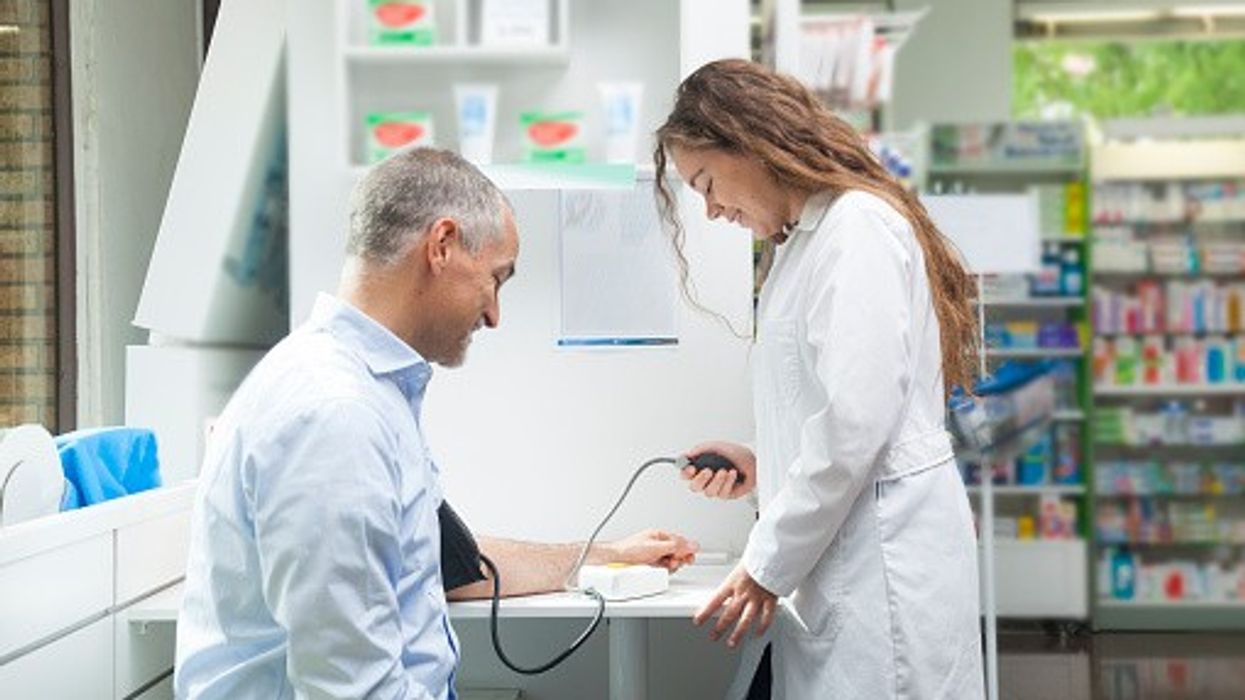The Pharmacy First scheme could be dropped by some providers over the requirement to bundle clinical services in order to receive threshold payments, according to the Company Chemists’ Association (CCA).
From Sunday (1), in line with the new funding contract, pharmacies will have to offer Pharmacy First, the Hypertension Case-Finding Service, and the Pharmacy Contraception Service to qualify for monthly threshold payments.
This is intended to encourage pharmacies to offer all three services thus providing a universal offer to patients across England.
The CCA said the challenge of providing regular Ambulatory Blood Pressure Monitoring (ABPM) checks could prove insurmountable for many pharmacies – meaning lost threshold payments and a risk that pharmacies stop providing the Pharmacy First service altogether.
Currently on 30 per cent of pharmacies provide all three services with CCA chief executive Malcolm Harrison saying that whilst the ‘premise of bundling makes absolute sense for patients’, he warned that it could lead to many pharmacies are at risk of missing out on future threshold payments.
“There is a real risk that pharmacies who do not meet threshold payments in the future will rethink delivery of the three services,” he said.
“We urge the government to ensure there is flexibility in the Hypertension Case Finding service to allow for Home Blood Pressure Monitoring in addition to Ambulatory Blood Pressure Monitoring.
“This simple change will ensure more pharmacies are able to deliver the service and receive threshold payments which are vital to ensuring that pharmacies are able to stay afloat.”
Pharmacy teams can continue to provide and be paid for delivering only one or two of the three services. However, this will mean they would be ineligible for threshold payments – previously only linked to Pharmacy First.
Providing at least one ABPM every month is expected to be challenging with demand low and a high number of opportunistic blood pressure checks required to identify suitable patients. There is a wide variance in current use of ABPM testing.
One factor is that patients may not be willing to undertake an ABPM, and return for a follow-up appointment at a pharmacy, especially when most patients are used to accessing a pharmacy as and when they require.
The CCA recommends that the government change the requirement for ABPM, allowing Home Blood Pressure Monitoring (HBPM) as an alternative to support patients who do not wish to have ABPM.
HBPM is an easier commitment for patients who may be unwilling to wear a measuring device overnight and return to the pharmacy for a follow up appointment. Additionally, research indicates that there are no significant differences in the effectiveness of ABPM and HBPM.












